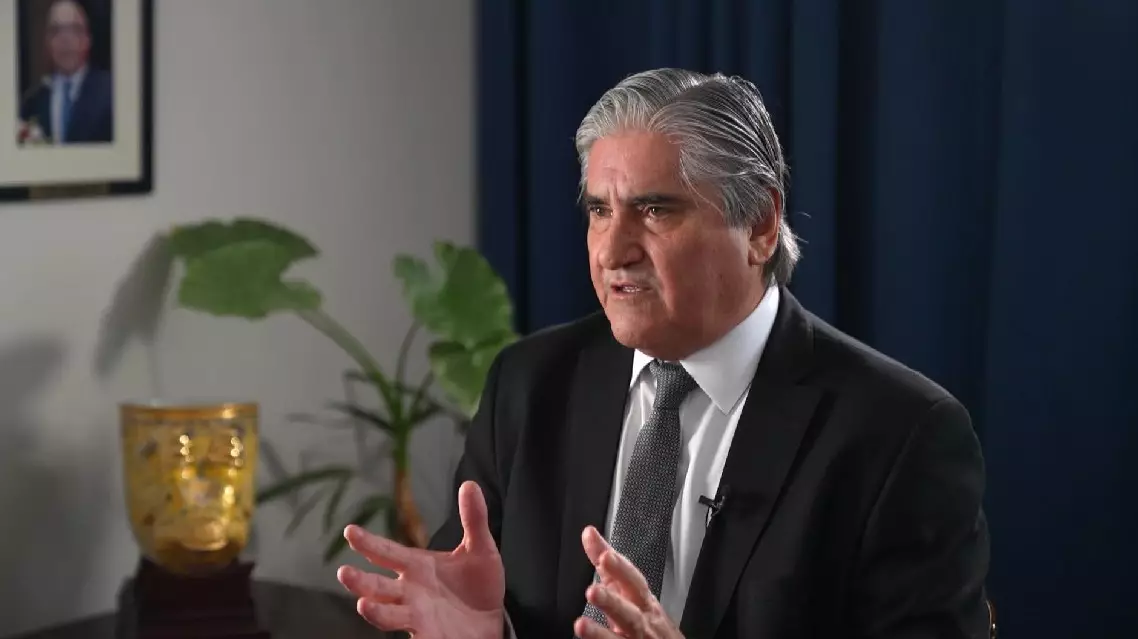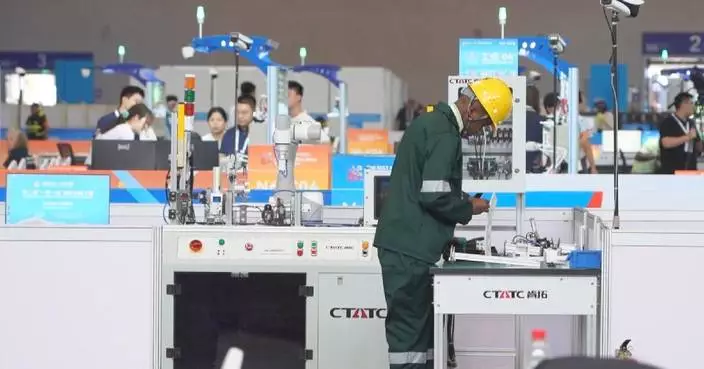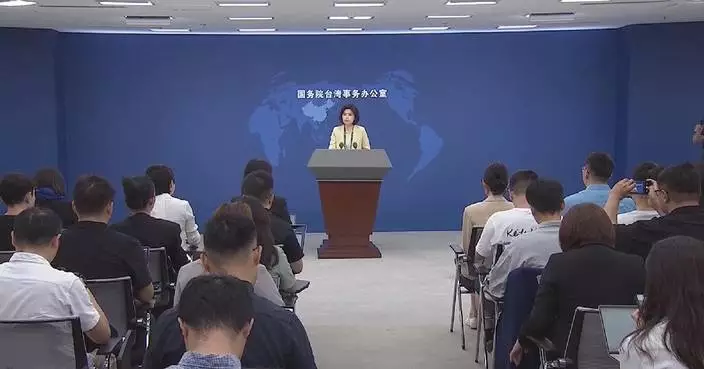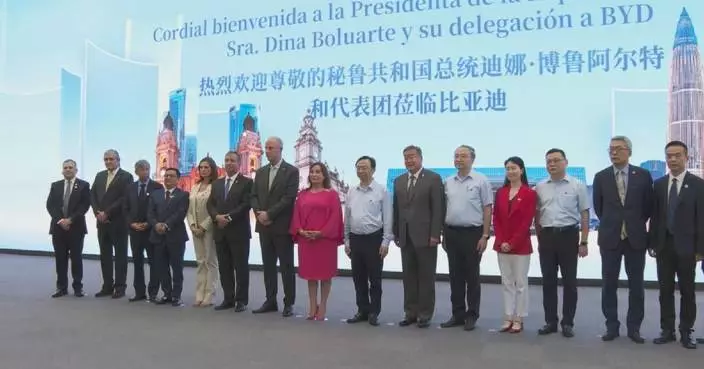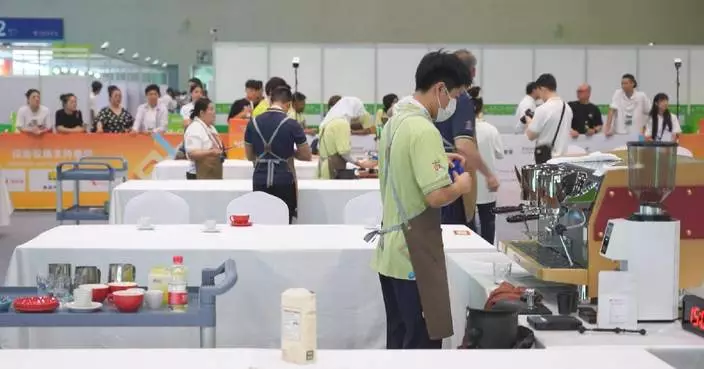China achieved an average daily investment of 10.7 billion yuan (about 1.47 billion U.S. dollars) in transport infrastructure in 2023, marking a historic high, according to a report released by the Ministry of Transport on Tuesday.
For the seventh consecutive year, China's annual investment in transport fixed assets exceeded three trillion yuan, reaching 3.9 trillion yuan in 2023.
The nation now boasts a comprehensive transportation network spanning over six million kilometers, including the world's largest high-speed railway network, expressway network, postal and express delivery network, and a world-class port system.
Last year, China's transport infrastructure network saw significant improvements, with new high-speed rail lines extending 2,776 kilometers, expressways growing by 6,394 kilometers, and 127 new berths for 10,000-ton ships being added. In addition, the number of ports handling over 100 million tons of cargo reached 46, and there were 259 airports in operation. Urban rail networks expanded by 604 kilometers. Investment in rural road construction exceeded 400 billion yuan for the seventh consecutive year, with rural road mileage reaching 4.59 million kilometers by year-end.
The bulletin highlighted efficient passenger movement, busy and orderly freight transport, and a noticeable recovery in international transport in 2023.
On average, over 160 million people traveled across regions daily in 2023. Of these, 10 million traveled by train, 150 million by road, 700,000 by boat, and 1.7 million by plane. Within cities, nearly 280 million people used public transport and taxis daily.
In terms of freight, an average of 150 million tons of goods were transported daily in 2023, with around 450 million express parcels and packages delivered each day.
International transport saw significant recovery, with international air passenger traffic increasing by 1,461.7 percent compared to the previous year.
The China-Europe freight train service operated 17,000 trains, sending 1.9 million twenty-foot equivalent units (TEUs), reflecting a year-on-year growth of 6 percent and 18 percent, respectively.
Port throughput for foreign trade goods and containers increased by 9.5 percent and 5 percent, respectively.
Additionally, international (including China's Hong Kong, Macao and Taiwan) express business volume reached 3.07 billion pieces, up 52 percent from the previous year.
Zhou Jian, deputy director of the Information Center at the China Academy of Transportation Sciences, noted that the growth rates of freight transportation volume and port cargo volumes both exceeded eight percent, with cross-regional passenger flows increasing by over 30 percent, indicating stronger internal economic momentum and confirming the long-term positive upward trend of China's economy.
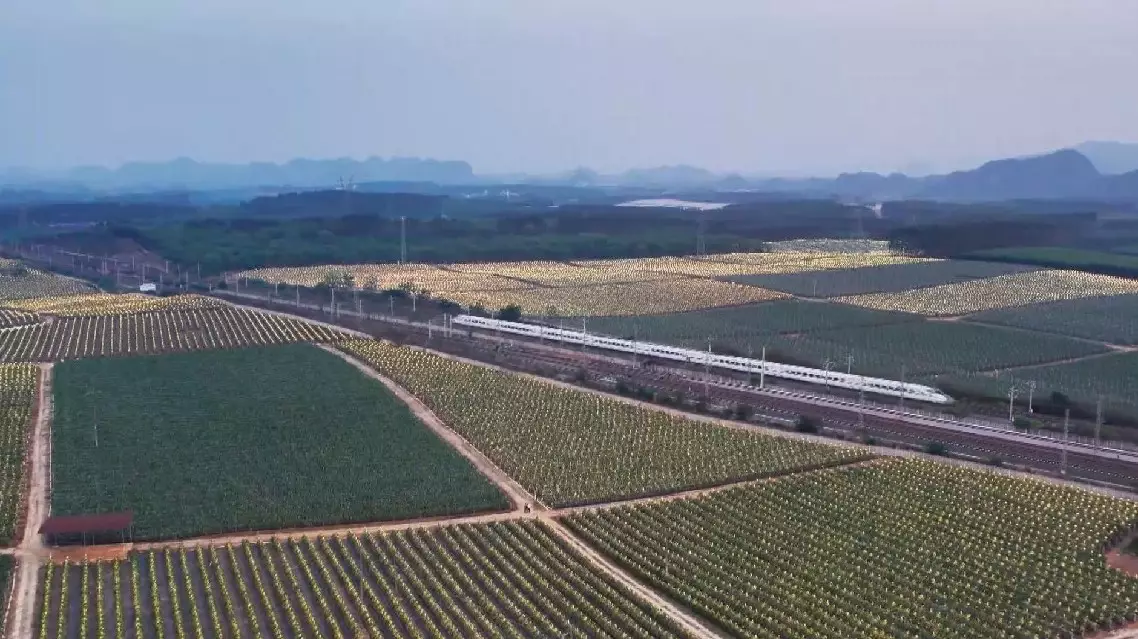
China's daily transport investment hits record 10.7 billion yuan in 2023: report


